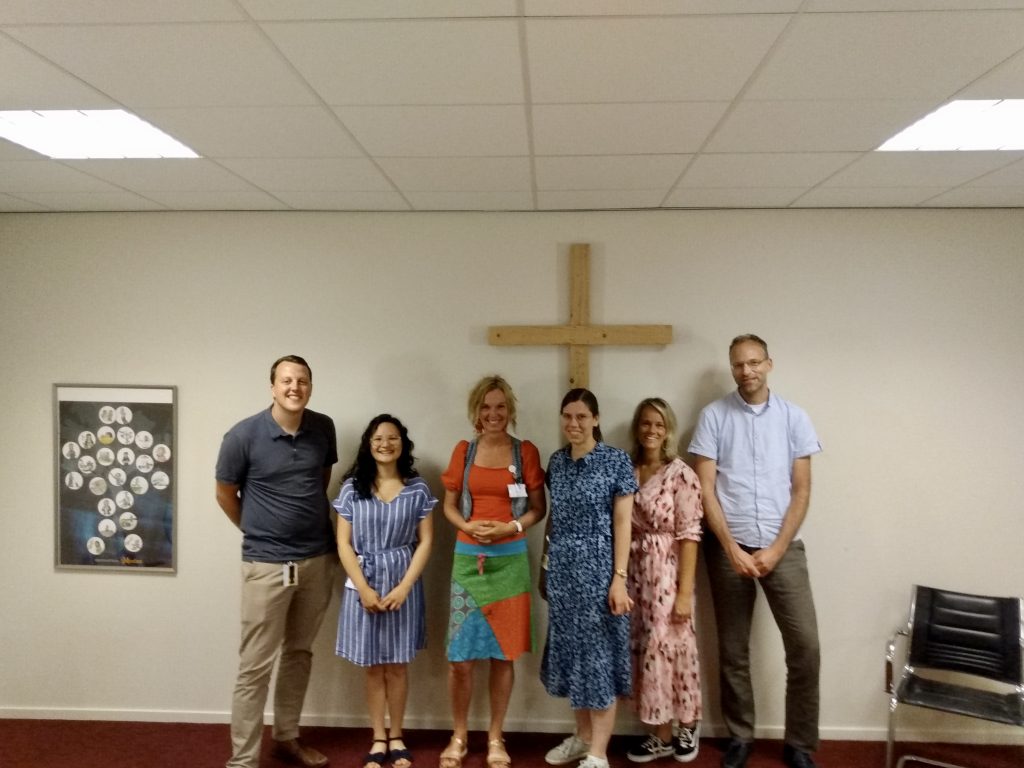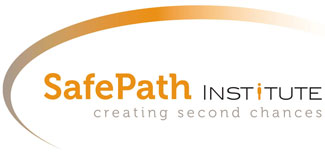Loving care
.
In conversation about SafePath with Theodoor de Kraker, a clinical psychologist at De Hoop GGZ. De Hoop is a Christian institution and offers, with faith as its source, outpatient and clinical help to people dealing with mental health problems or addiction.
Employees of De Hoop get their inspiration from their faith, says Theodoor. It is therefore desirable for the institution and the staff that interventions are in some way related to faith. For Theodore, there is such a connection between Christianity and SafePath. Theodoor: ‘SafePath makes it possible to look at the other person in a non-judgmental way and thus to offer loving care. Being loving and non-judgmental is also what we intend to do from our faith. In addition, SafePath focuses not only on problem behavior but also on the healthy side of clients, on the healthy adult side. Here I see a similarity with what in the Christian Bible is called the “old man” – unhelpful sides – and the “new man” – the healthy side. Although making this connection is inspiring for the staff, they do not always incorporate faith into their approach to, or treatment of, clients. ‘We only do that with clients that are open to it,’ says Theodoor.

Together with Dr. David Bernstein, he developed two SafePath group trainings for his clients, people with addiction and comorbid problems including personality problems: the ‘Basic SafePath Group’ and the ‘Healthy Adult Group’. Both trainings consist of 12 meetings that are followed by the clients during their admission. Theodoor: ‘The goal of the first group is mainly to recognize the modes, the different sides or emotional states that we have as humans. We show clients the iModes (cards that depict the different modes or emotional states) and ask them in which drawings they recognize themselves. They also keep a diary. In it they write down, among other things, at which moments a side was triggered and what thoughts they had at that moment. We also do role-playing exercises that depict modes. Often the staff members play the role of the modes, but we also regularly ask clients to it, even though they are sometimes nervous to stand in front of the group. In the ‘Healthy Adult Group’ everyone’s positive qualities are central, and we also emphasize self-care. ‘

Most clients are enthusiastic about the two groups. The iModes help to clients to speak about, and deepen, their experiences. ‘They speak more quickly about their vulnerabilities and make connections between past and present,’ explains Theodoor. ‘It’s much less about the addiction, but more about the underlying patterns.’
Despite the enthusiasm of the clients, there are also themes in the group training that evoke resistance from clients, or are simply difficult. Gratitude, for example. ‘Clients tend to focus their attention on the negative or on what is not going well. Indicating what you are grateful for is not always easy. In the Bible, it says something like: thank God in all circumstances and always rejoice. I don’t always manage to do that myself.’
Theodoor researched the effect of his clients’ 12-week, inpatient treatment program, of which the two SafePath training courses are part, and recently presented the results at the annual congress of the ‘International Society of Schema Therapy’ in Copenhagen. Theodoor: ‘The first findings are promising. They show that clients benefit from the program. In this way, the healthy adult side of clients becomes stronger and certain modes, including the impulsive child and the undisciplined child, become less prominent. Moreover, almost all clients completed the treatment program and there was therefore hardly any ‘drop-out’. That’s pretty special for this target population.’
